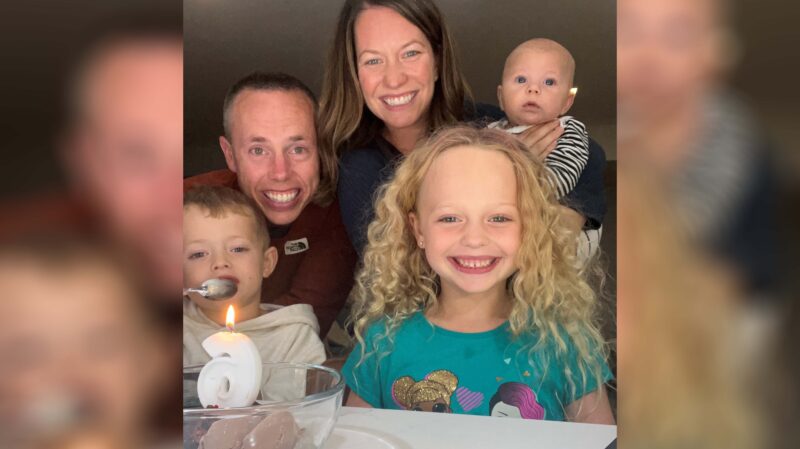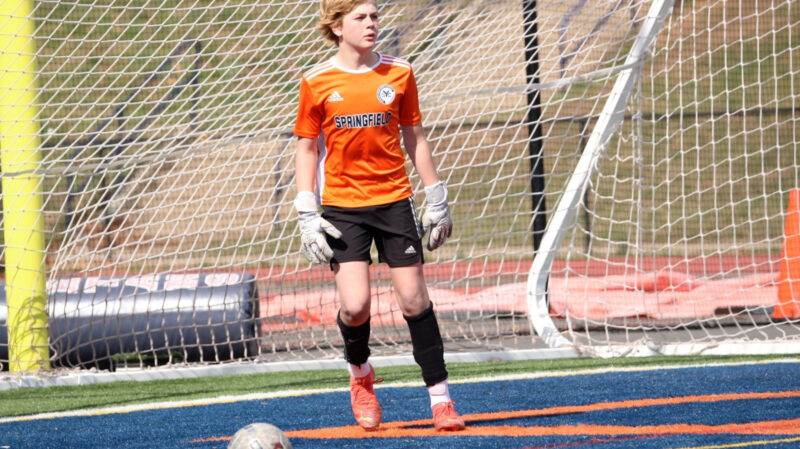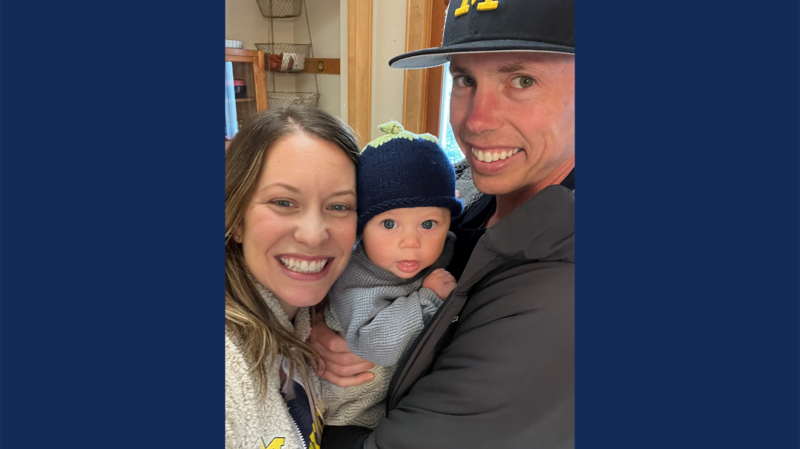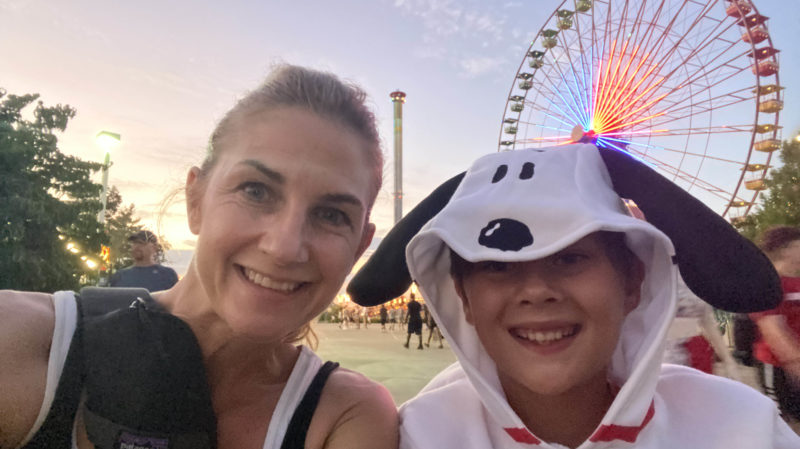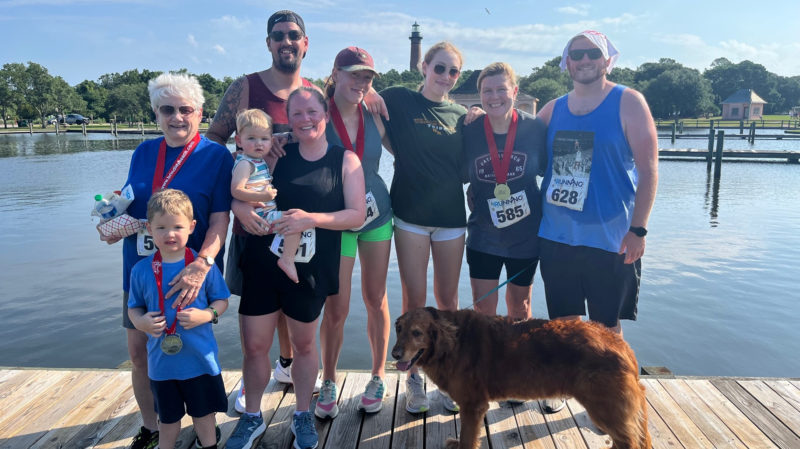
How well you lead makes a significant difference to how efficiently your team operates. Good leaders manage workflows; great leaders drive operational efficiency by ensuring their actions promote effective teamwork and enhance collaboration.
Here are five essentials for maximizing operational efficiency on your team:
1. Communicate Clearly
How consistently and continuously you communicate key goals, objectives, information, and guidance to your team directly connects to strong team performance. One of the most important disciplines for ensuring your work is done as efficiently as possible is to make time for communication daily. While we often intend to share expectations, insights, and feedback, the challenge is crossing the divide between intent and action.
Here are some best practices for ensuring effective communication:
- Share your intent. Whenever two or more people work together, there’s an opportunity for confusion. Be sure to share what success looks like when assigning tasks or projects to your team members. Not only will that clarify desired outcomes, but it will also set them up to make choices independently on how best to do what’s needed.
- Make yourself available for agenda-less conversations. Proactively reach out to your team members for a quick phone call or chat in the hallway. When you create space for questions or open-ended sharing, your team members have the opportunity to bring up any concerns before they become real challenges. Consistent check-ins support alignment and progress.
- Close the loop. After a project or initiative is complete, spend time discussing what went well and what could be improved. This will socialize your team to giving and receiving feedback, and it will also allow you to talk about efficiency and look back at the recent past to see how you can best smooth and improve processes to minimize friction.
2. Encourage Change
The most efficient teams are the ones that are comfortable with change. One of the most effective ways to embrace change is by deciding what your team needs to stop doing. It’s much easier to add new “to-dos” than to examine key priorities, look at how the team works, and select workstreams or initiatives that are best ended. By ensuring that your team is focused on what truly is the highest-best use of time, you create the conditions for high performance. By openly discussing what changes would be valuable and clearly connecting change initiatives to efficiency and performance, change becomes a collaborative and thoughtful process.
The next time you and your team meet, consider adding an agenda item that inspires a discussion about which actions or activities to stop in order to create time and space for higher-priority work.
3. Develop Leaders at All Levels
One of the best ways to support operational efficiency is to help your team members develop key leadership attributes like credibility, accountability, decisiveness, and a sense of service to others. Productive leaders are those who can influence outcomes and inspire others well. When you intentionally develop leaders at all levels of your team, regardless of their positional authority or job title, you support the skill-building needed for effective, smooth performance. When people understand how to collaborate well with others, trust builds within the team. That trust increases the speed and quality of performance. Plus, as people grow in their ability to lead themselves and others, you create teams of leaders who are ready for increasing challenge, complexity, and promotion when management roles open.
As you host leadership development experiences for your team, reflect on how to make those learning opportunities inclusive to all team members, not just managers and supervisors.
4. Address Conflict
Nothing slows down a team faster than gossip or unresolved conflict. Disagreements or lingering problems can inspire drama that derails progress. Effective leaders step up to have difficult conversations and provide the constructive criticism that’s needed. Studies show that team members will perform to the lowest acceptable standard on a team. By addressing conflict when it arises, you maintain high standards for candor, awareness, and collaboration on the team. Conflict is a natural part of people working together to achieve results. By creating a climate where problems can be openly discussed with an eye for solutions, you bring a sense of accountability to your team’s culture while minimizing time spent on the blame bandwagon.
Help your team engage in open conversations about what’s not working well by facilitating dialogue on missteps in a way that’s safe, supportive, and focused on betterment, not blame.
5. Empower Action
As leaders, we can be one of the biggest barriers to operational efficiency when we don’t empower our teams to act. One of the best things we can do is let go so others can step up to bring innovation, solve problems, and get work done.
The next time a project or task comes across your desk, reflect on these questions before digging in to get the work done:
- Who, besides me, is best to complete this task?
- What intent, guidance, or resources do they need from me?
- When can I meet with them to share the project?
- What milestones and check-in dates should I establish?
Effective delegation and ensuring your team members have balanced workloads are key to leading your team forward. By intentionally empowering action, you accelerate results.
Effective leadership contributes to strong, efficient operational performance. A McKinsey study involving 189,000 individuals across 81 organizations identified four behaviors—solving problems effectively, operating with a strong results orientation, seeking different perspectives, and supporting others—that explain 89% of the variance between strong and weak leadership effectiveness. Leaders exhibiting these behaviors contribute substantially to improved organizational performance and efficiency.
As you seek to improve operational efficiency, recognize that some of the most significant lifts in team performance come from your commitment to continuously improving your ability to lead and collaborate with your team.



































